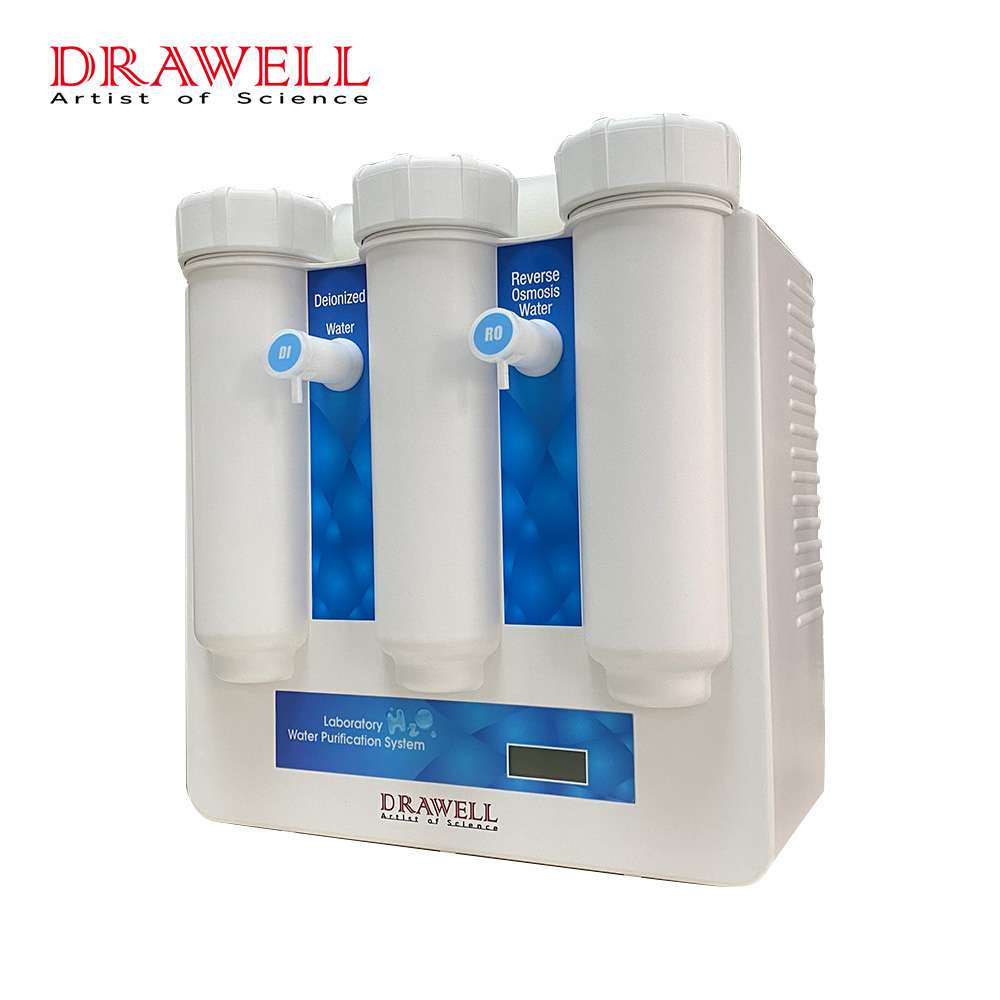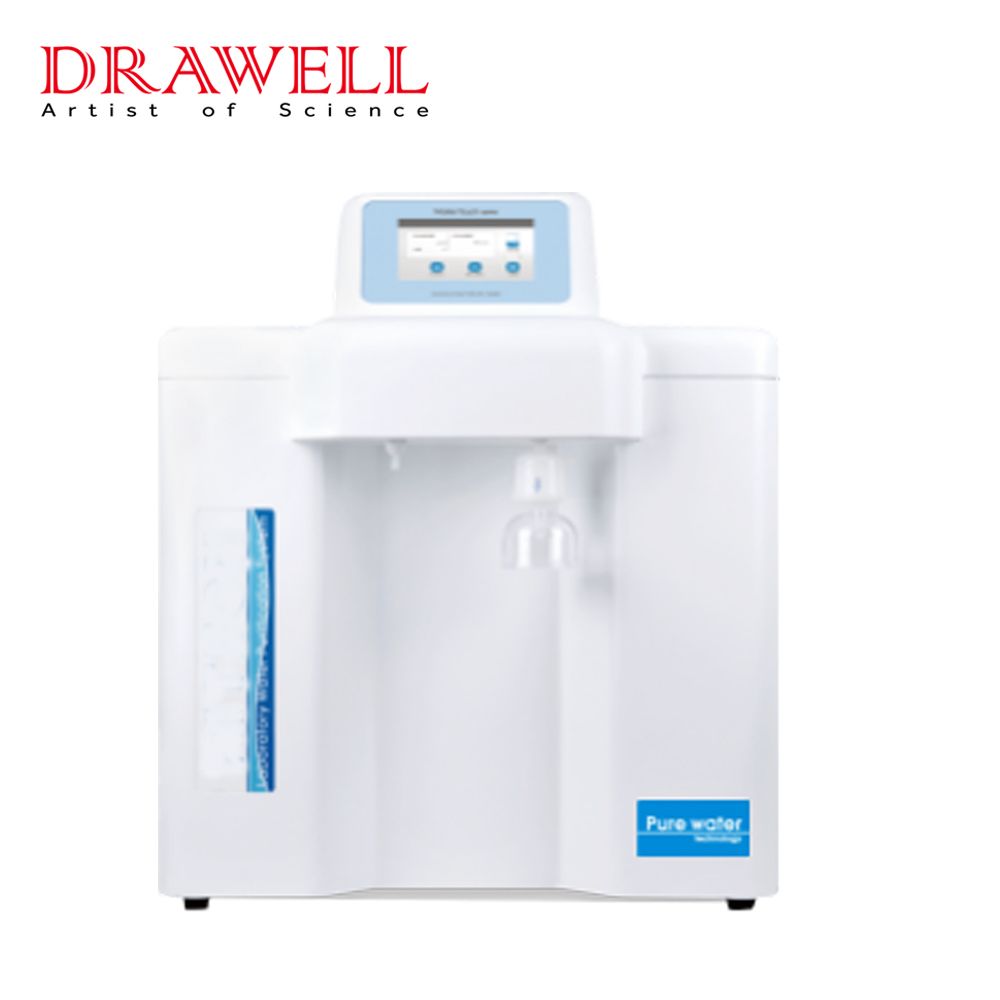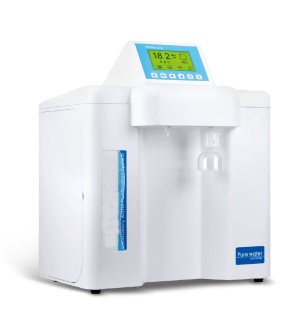The demand for dependable water filtration systems has skyrocketed. Finding the best water purification system might be difficult with so many alternatives on the market. In this article, we will discuss the topic that what is the best water purification system, explore the different types of water purification systems, and discuss factors to consider when determining which one may be the best fit for your requirements.
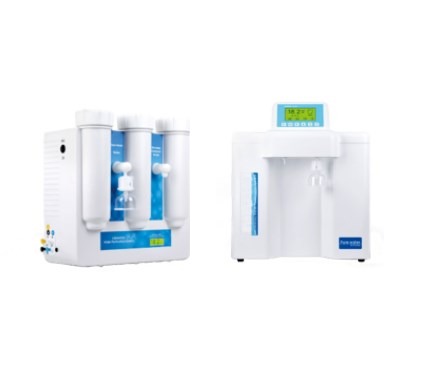
What are the Different Types of Water Purification Systems?
Each type of water purification system provides distinct benefits and is intended to treat certain sorts of impurities.
Reverse Osmosis (RO) Systems
Reverse osmosis systems are extremely successful in removing pollutants from water. To eliminate dissolved solids, salts, heavy metals, bacteria, viruses, and other pollutants, they use a semipermeable membrane. RO systems are commonly used for residential drinking water purification and in some industrial applications.
Ultraviolet (UV) Water Purifiers
UV water purifiers disinfect water by deactivating the DNA of bacteria, viruses, and other microbes, rendering them unable to replicate and rendering them harmless. UV purifiers are extremely effective against biological impurities and are frequently used in conjunction with other types of filtration.
Activated Carbon Filters
Water taste and odor can be improved with activated carbon filters. They remove chlorine, volatile organic compounds (VOCs), pesticides, and some pollutants from water by adsorbing them. Pitcher filters, faucet filters, and refrigerator filters all use carbon filters.
Distillation Systems
Water distillers boil water to produce steam, leaving pollutants with a higher boiling point than water behind. Purified water is produced once the steam is condensed back into liquid form. Distillation is useful for eliminating dissolved solids, heavy metals, and certain organic pollutants.
Ion Exchange Systems
Resins are used in ion exchange systems to remove dissolved ions from water and replace them with other ions. Water softeners are an example of an ion exchange system, in which the calcium and magnesium ions that create water hardness are swapped for sodium or potassium ions.
Filtration Systems with Mechanical Filters
Mechanical filtration systems remove suspended particles, silt, and bigger contaminants from water by using physical barriers such as ceramic, sand, or fabric filters. These filters are frequently found in portable water purification systems as well as some point-of-use filtering equipment.
Ozonation Systems
Ozonation is a water treatment technology that disinfects and oxidizes pollutants in water by using ozone gas. Ozone is a strong oxidizer that can degrade and eliminate organic contaminants, odor-causing chemicals, and some bacteria.
Electrodeionization (EDI) Systems
Combining ion exchange technology with electrical current, EDI systems use an electrical charge to remove ions from water. These systems are frequently utilized in high-purity water applications, such as those found in the pharmaceutical and electronics industries.
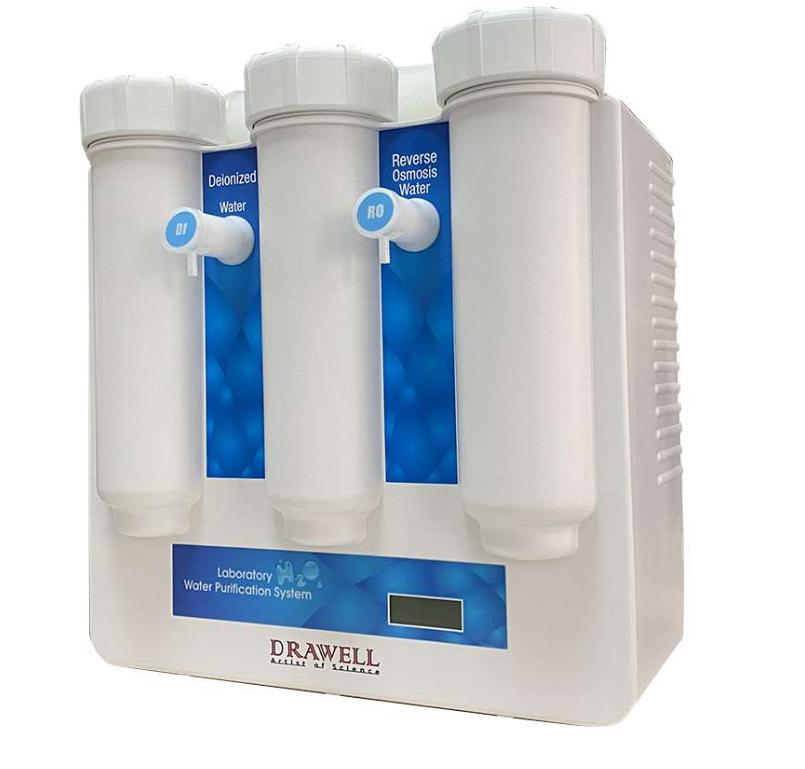
What are the Factors to Consider for Choosing the Best Water Purification Systems?
Selecting the best water purification system is essential for ensuring access to clean, safe, and high-quality water.
Water Quality Analysis
Begin by performing a thorough water quality analysis. Determine the specific pollutants and impurities in your water supply. Because different purification systems are designed to target different types of pollutants, it is critical to evaluate the water quality before selecting the most effective system.
Water Usage and Flow Rate
Determine your household’s or facility’s daily water consumption requirements. Think about the flow rate needed to meet your needs. Some systems are better suited to high-flow applications, whereas others are better suited to low-flow ones.
Efficiency and Effectiveness
Examine the efficiency and effectiveness of the purification system in eliminating pollutants. Look for technologies that have been evaluated and verified independently by recognized organizations such as NSF International or the Water Quality Association (WQA). Check the system’s contaminant removal rates and ensure it meets your water quality goals.
Filtration Technology
Learn about the various water purification technologies available, including reverse osmosis, ultraviolet disinfection, activated carbon filtration, distillation, and others. Each technique has advantages and disadvantages, so select the one that best meets your individual water quality requirements.
Space and Installation
Take into account the available area for installing the filtration system. Some systems may take up a lot of room, whilst others are more compact and can be put under sinks or on worktops. Check the ease of installation as well as whether expert installation is required.
Maintenance Requirements
Examine the system’s maintenance requirements, such as filter replacements, cleaning, and any other upkeep duties. Choose an easy-to-maintain system with easily available replacement parts. Long-lasting filters can also help save money on recurring maintenance.
Energy Consumption
Examine the water purification system’s energy usage, particularly for electrically powered devices such as reverse osmosis systems and distillers. Energy-efficient devices can help you save money on power costs while also reducing your environmental impact.
Cost Considerations
Compare the initial investment cost and recurring costs of each purification system. Consider not just the purchase price of the system, but also the cost of replacement filters, maintenance, and possible repairs. Assess the system’s long-term cost-effectiveness.
Water Waste
During the purifying process, certain water purification technologies, such as reverse osmosis, generate wastewater. Consider how much water is wasted and whether water recycling alternatives are available.
Certification and Compliance
Check that the water purification system you choose meets all essential safety and quality standards. Look for systems that are certified by recognized organizations for meeting specific performance and contaminant removal requirements.
Additional Features
Some purification systems may include additional characteristics like pH balancing, remineralization, or UV disinfection. Consider whether these extra capabilities are required for your specific water requirements or whether they add unneeded complication.
Longevity and Warranty
Look for established brands that have a track record of dependability and durability. Examine the warranty to check that the system is protected against manufacturing flaws.

Summary
The contaminants in your water, daily water consumption, installation and maintenance requirements, energy efficiency, and budget all play a role in choosing the best water purification system. Each method of water purification has distinct advantages and solves certain water quality concerns. It is critical to thoroughly investigate and evaluate various systems in order to identify the best option for your household’s water purification needs.

